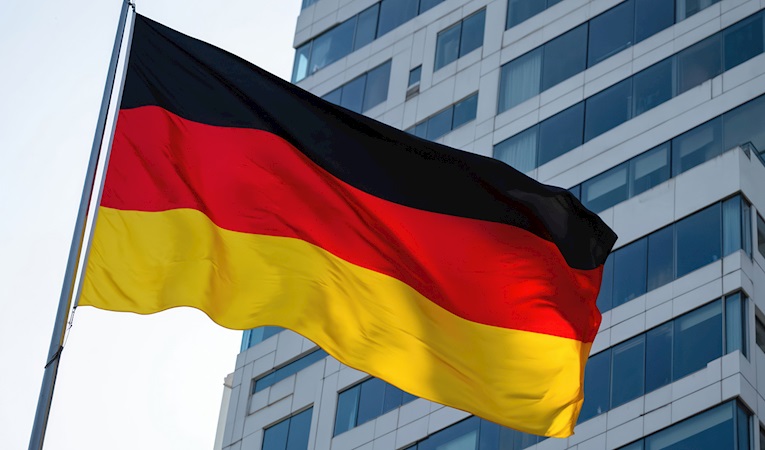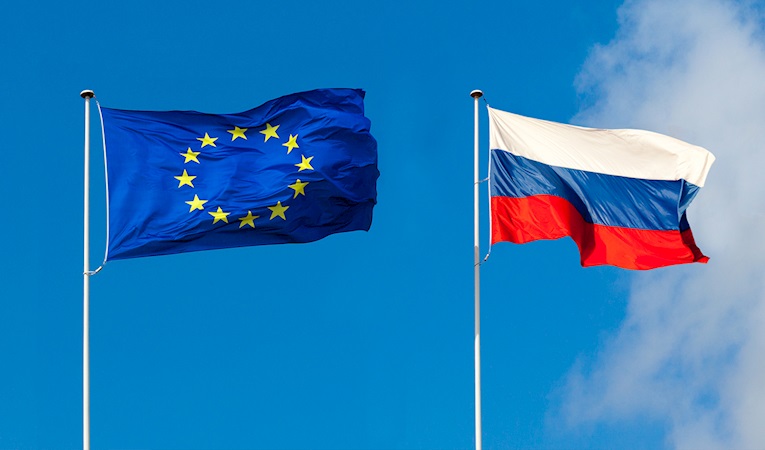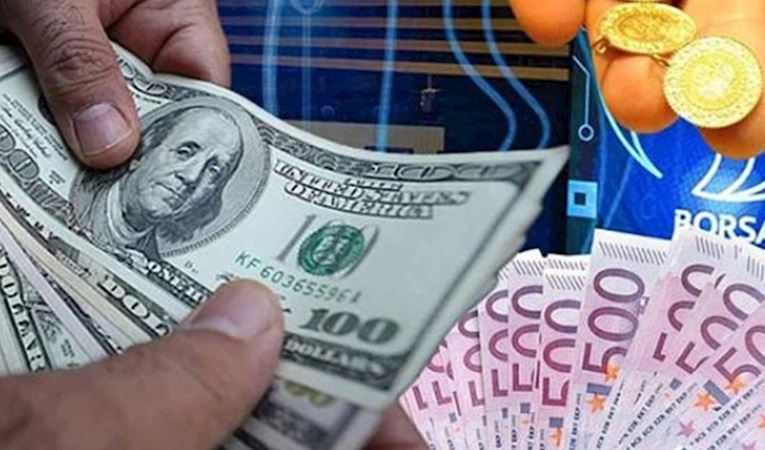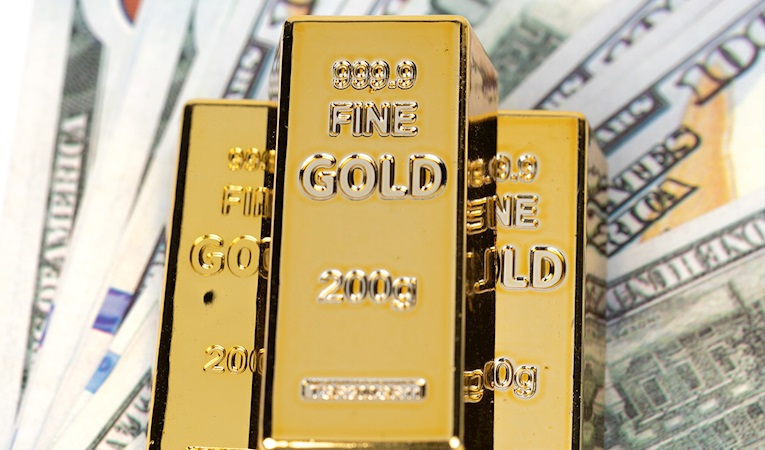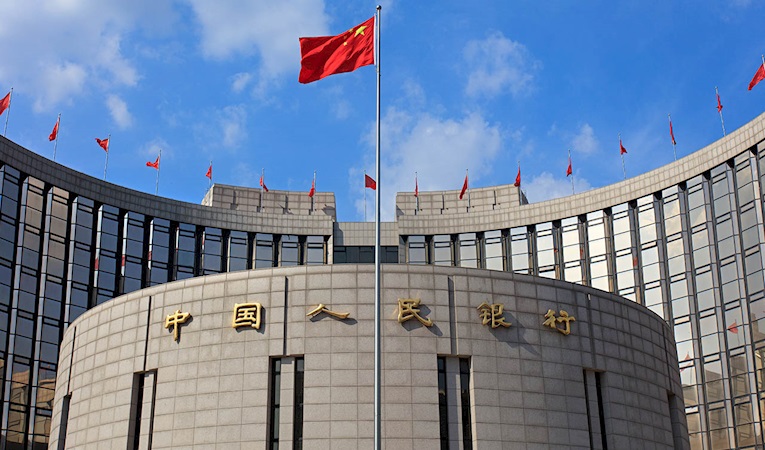
-
BIST 100
 11341,39%0,00En Düşük11327,34En Yüksek11402,42
11341,39%0,00En Düşük11327,34En Yüksek11402,42 -
DOLAR
 42,81%0,02Alış42,8091Satış42,8135En Yüksek42,8198
42,81%0,02Alış42,8091Satış42,8135En Yüksek42,8198 -
EURO
 50,34%0,44Alış50,3307Satış50,3522En Yüksek50,3510
50,34%0,44Alış50,3307Satış50,3522En Yüksek50,3510 -
EUR/USD
 1,18%0,34Alış1,1749Satış1,1750En Yüksek1,1752
1,18%0,34Alış1,1749Satış1,1750En Yüksek1,1752 -
ALTIN
 6091,53%2,08Alış6091,17Satış6091,90En Yüksek6093,93
6091,53%2,08Alış6091,17Satış6091,90En Yüksek6093,93
-
BIST 100
 11341,39%0,00En Düşük11327,34En Yüksek11402,42
11341,39%0,00En Düşük11327,34En Yüksek11402,42 -
DOLAR
 42,81%0,02Alış42,8091Satış42,8135En Yüksek42,8198
42,81%0,02Alış42,8091Satış42,8135En Yüksek42,8198 -
EURO
 50,34%0,44Alış50,3307Satış50,3522En Yüksek50,3510
50,34%0,44Alış50,3307Satış50,3522En Yüksek50,3510 -
EUR/USD
 1,18%0,34Alış1,1749Satış1,1750En Yüksek1,1752
1,18%0,34Alış1,1749Satış1,1750En Yüksek1,1752 -
ALTIN
 6091,53%2,08Alış6091,17Satış6091,90En Yüksek6093,93
6091,53%2,08Alış6091,17Satış6091,90En Yüksek6093,93
- Anasayfa
- Haberler
- Tüm Haberler
- Its was a mistake to have too much confidence in myself
Its was a mistake to have too much confidence in myself
The result was an interview filled with lessons to be learned. Here are the details.
1.07.2012 00:00:000
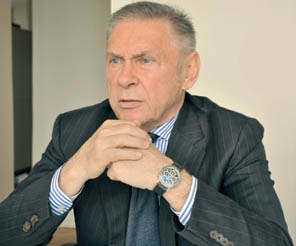
Capital: Where, when and under what conditions did you begin your professional career?
- In fact, I began at university. I was studying electrical engineering at MIT and in the summers I used to work at IBM in New York. My first job was as a systems analyst. When I finished my 18 months military service, I went back to IBM. When I returned I started in the personnel department, which
was to have a radical impact on the rest of my life. Because this department contributed a lot of things to me. I learned how personnel policies were implemented.
Capital: When you finished your MBA, did you decide to return to Turkey?
- No. I had the opportunity to work at McKinsey or at the World Bank. I chose the World Bank. When I was working there, two things happened which I will remember for the rest of my life. The first was the Africa Animal Husbandry Project. I calculated that the profitability rate for this project was 13 per cent. But the manager suggested that I calculate profitability rates at 9 to 11 per cent. When you make tiny changes in the data in programmes which have a lot of variables, profitability rates of 15 per cent can easily fall to 9.5 per cent. Ever since that study, I have been sceptical about every kind of projection that has been put before me. The second incident was meeting Turgut Özal one day in the cafeteria. Afterwards we began to meet frequently. He suggested that I work in Turkey. Indeed, he even wrote letters of reference for me. One of them was to Rahmi Koç. Later I came to Turkey and I spoke with three important businessmen and received offers. But I did not accept them because I wanted to gain more business experience in America. Later, when my father passed away, I returned to Turkey because my mother was alone. I became financial affairs coordinator at the Koç Group. I remember it very well, I began at the Koç Group with the highest salary.
Capital: So how was your time as a young general manager at Garanti Bankası?
- At that time there was a system at Garanti Bankası that was known as the “super system”. I thought that we needed to get new technology from America and signed an agreement with the Bank of America. We changed all of our technology. At the beginning, all of the bank inspectors were against this new system. They said that it could miss things, but I remained committed to the system. Then we adapted Garanti Bankası to export and foreign trade financing. We developed loan marketing and when we said “We are selling loans”, people used to ask “How can loans be sold?”~
Capital: How did you continue your career after Garanti Bankası?
- I received an offer from the Çukurova Group. At that time, Yapı Kredi and Pamukbank belonged to Çukurova. I received other offers but I chose not to work at these two big banks but at the Uluslararası Endüstri ve Ticaret Bankası (International Trade And Industry Bank). Later I became general manager of that bank and I changed its name to Inter Bank. We handled around 10 per cent of Turkey's exports and imports. It was a very successful experience for me.
Capital: How did you leave Inter Bank?
- At that time, Mehmet Emin Karamehmet was the owner of the Çukurova Group. He had to spend two years in Switzerland. During that period, despite all the problems, Mr. Hüsnü and I kept our banks afloat. Later I asked for shares from the bank. I asked Mehmet Emin Karamehmet for a 20 per cent share but he did not agree. At that time, the Denizli-based İktisat Bankası was in considerable difficulties. I asked for a 67 per cent share. They accepted because it was in a very bad state. At the beginning, I was a partner with Mehmet Emin Karamehmet.
Capital: How bad a state was İktisat Bankası in when you bought it?
- It was much worse than when I started at Inter Bank. It had massive debts. Human Resources were very bad. I did the same here as I had done at Inter Bank. Almost half of the personnel from Inter Bank came to İktisat Bankası. Later there were a lot of rumours. People said: “The management at Inter Bank is a shareholder at İktisat Bankası and will take customers from one to the other.” In fact, there was no possibility of this happening but it made me uncomfortable and I resigned from my position at Inter Bank and focused completely on İktisat Bankası.
Capital: What innovations did you introduce at İktisat Bankası?
- I established the first factoring and leasing companies in Turkey. I introduced the first credit card that could be used abroad. This card made things much easier for people. We developed the first risk management in insurance. The period from 1994 to 1998 was a very successful one for me. In fact, the most important factor in this success was the management of human resources. I had the potential to understand the needs of consumers and I used to use it and I had an entrepreneurial spirit.
Capital: Did you like to take risks?
- There are risks in everything in life but it is extremely important to be able to manage risk. You can do business with people you know and with those you do not know. This is also a risk that if you do something you do not know with somebody you do not know then the risk becomes multiplied. According to some people, I took risks at İktisat Bankası and Inter Bank. This was not a risk to me and there was no risk.
Capital: What are you doing now? What are your expectations from the legal cases?
- I see myself acting as a lawyer. Because I earn revenue from the cases I have brought to regain the rights that were taken from me. 20 per cent of Kablo TV is mine. There is a chance of getting back some companies but it will take five to six years. If I get them back, will I become involved in running them? I do not know.
Türkiye ve dünya ekonomisine yön veren gelişmeleri yorulmadan takip edebilmek için her yeni güne haber bültenimiz “Sabah Kahvesi” ile başlamak ister misiniz?

